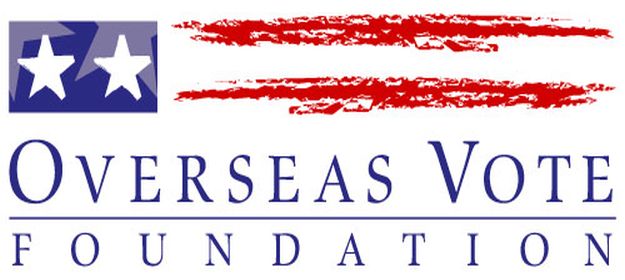
Magistrate Harry Díaz moves to try Martinelli on four counts
Motion to bring Martinelli to trial, send him to prison for 21 years
by Eric Jackson
In the first of a dozen cases filed against Ricardo Martinelli in the Supreme Court to get to this stage Harry Díaz, the magistrate acting as prosecutor, has filed a 30-page motion to bring former President Ricardo Martinelli to trial. The motion was filed on the afternoon of October 9, the day after the statutory time for the high court to investigate a member of the Central America Parliament expired. Díaz would have the ex-president tried for spying and theft before a nine-member panel of high court magistrates and alternates, with magistrate Jerónimo Mejía acting as judge. Mejía has 20 days to hold a hearing on that motion, at which he could proceed with or throw out the formal charges requested by Díaz. In the motion Díaz seeks a trial on four counts. Each of these encompasses multiple acts, against multiple individual victims on the illegal wiretapping and following without a court order counts, against the Panamanian people on the theft and private use of public property counts. At a trial Díaz would represent the Panamanian state but would also be joined by private prosecutors representing 10 of the at least 150 targets of Martinelli’s spying against politicians, journalists, civic activists, labor leaders, prominent businesspeople, lawyers and judges. Díaz has asked for a 21-year prison sentence.
According to the accusation Ricardo Martinelli separated the spy operation from the National Security Council and the Ministry of the Presidency by 2012, and kicked most of the people who had worked at the security center in Building 150 of Quarry Heights. The electronic part of the surveillance was carried on from there until shortly after Ricardo Martinelli’s proxies lost the May 2014 elections. The routine until that defeat would be that every morning agent Rony Rodríguez — now a fugitive — would visit Martinelli and give him a manila envelope, said to contain the results of the previous day’s spying. After the Martinelistas lost the elections, the servers in Building 150 were moved to a Super 99 office in Monte Oscuro and then went missing from there. But remnants of at least some of the files, concerning about 150 people, went through a National Security Council laptop and despite a post-election attempt to erase them were recovered. Three Israeli-made sets of surveillance devices and the Italian programs that they used are also missing.
Upon whom is Martinelli accused of illegally spying? President Juan Carlos Varela, then vice president, for one. His brother, legislator Popi Varela, was also a target. So were other members of their family. So were all of the opposition presidential candidates. So was the Electoral Tribunal’s presiding magistrate, Erasmo Pinilla. So were businessman Stanley Motta and labor leader Genaro López. So were two former presidents, Ernesto Pérez Balladares and Martín Torrijos. What has been recovered may be only a fraction of the list of those spied upon, some 150 principal targets but also relatives and associates of these people.
The accusation lists more than 70 witnesses, including a number of current and former members of various security, law enforcement and prosecutorial agencies. There is no mention of a code of silence as prevailed among such people in the wake of the dictatorship’s fall. Most probably broader inferences can be made from this circumstance, that Martinelli had intended to steal the 2014 elections and had amassed a riot control arsenal to enforce that, but that at some point late in the game he realized or had it pointed out to him that he had alienated the nation’s security forces and could not count on them in a bid to retain power.
Perhaps the next order of business is the color of the INTERPOL notice. Díaz has filed a request for a blue notice, which if the international law enforcement agency agrees and issues it would identify Martinelli as a person of interest in a criminal investigation and ask police agencies in all member jurisdictions to help ascertain Martinelli’s whereabouts and to provide information relevant to the case. A blue notice is not a search warrant but it would be an interesting question under US law whether that plus an affidavit from someone who knows of one of the stolen surveillance devices being present in the United States would suffice for the issuance of a US court’s search and seizure order. But attorneys for constitutional law professor Miguel Antonio Bernal and several other surveillance victims have asked the court to seek a red notice from INTERPOL. Those color notices are something like an international arrest warrant in they request that member jurisdictions detain people named in them for extradition proceedings to ensue. If Díaz’s complaint is accepted by Mejía, perhaps a red notice would be requested and issued by INTERPOL. However, even if that happens it is not mandatory for a country in which a person so named is present to arrest or bring extradition proceedings against that person. It becomes a political decision.










